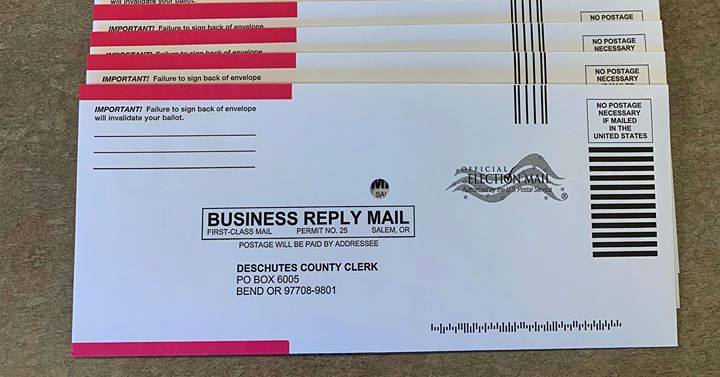Clarno alerts social media companies about ‘false’ elections content

PORTLAND, Ore. (AP) — Republican Secretary of State Bev Clarno alerted Twitter and Facebook to what she said were falsehoods being shared on their platforms, and the social media companies say they’ll take steps to stop misinformation.
The Oregonian/OregonLive reports election officials, from county clerks to the secretary of state, hear complaints from voters during every primary election, because some people who receive nonpartisan ballots believed they registered as Democrats or Republicans.
This year, those frustrations were amplified when a Facebook group called “My party was changed Oregon” and the Oregon Republican Party launched an effort to gather first-hand accounts from voters who say their party affiliation was changed without their consent.
Starting in April, some voters who said they are lifelong Democrats contacted the newspaper to say they were upset to receive non-partisan ballots. Most of them turned out to be infrequent voters who had been registered as non-partisan voters for years and had not voted in recent primaries, public records showed.
In the wake of last week’s primary, “Elections officials highlighted social media activity that was occurring on their platform that was false,” wrote Andrea Chiapella, legislative and communications director for the secretary of state, in an email. “They looked into it and their third-party fact checkers deemed it partly false.”
Oregon is one of nine states with closed primaries, which means voters must be registered with a party to participate in its primary.
Since Oregon’s automatic voter registration law took effect in 2016, the number of unaffiliated voters has skyrocketed because people who were not previously registered are automatically signed up as non-affiliated when they get or renew a drivers license or state ID card. Elections officials send out postcards asking those voters if they want to pick a party.
Nicole Chaisson, founder of the Facebook group “My party was changed Oregon,” said she started the Facebook group in early May after a friend who wanted to vote in the 2nd Congressional District primary found out she could not do so because she was registered as a nonaffiliated voter.
“We started a Twitter page because we started seeing we were getting fact checked on Facebook,” Chaisson said. “And it got suspended within a couple days … We rely on social media to tell our story.”